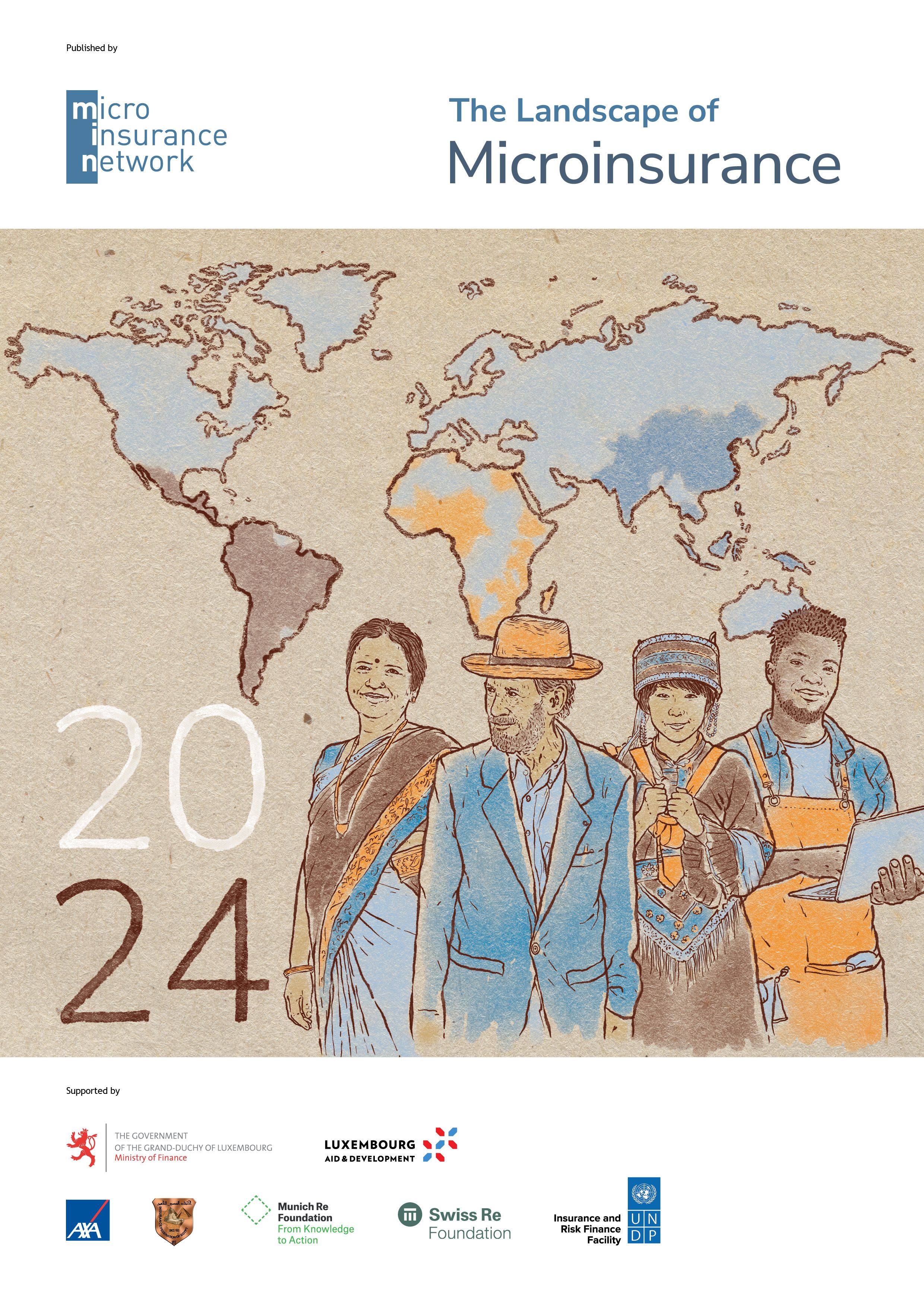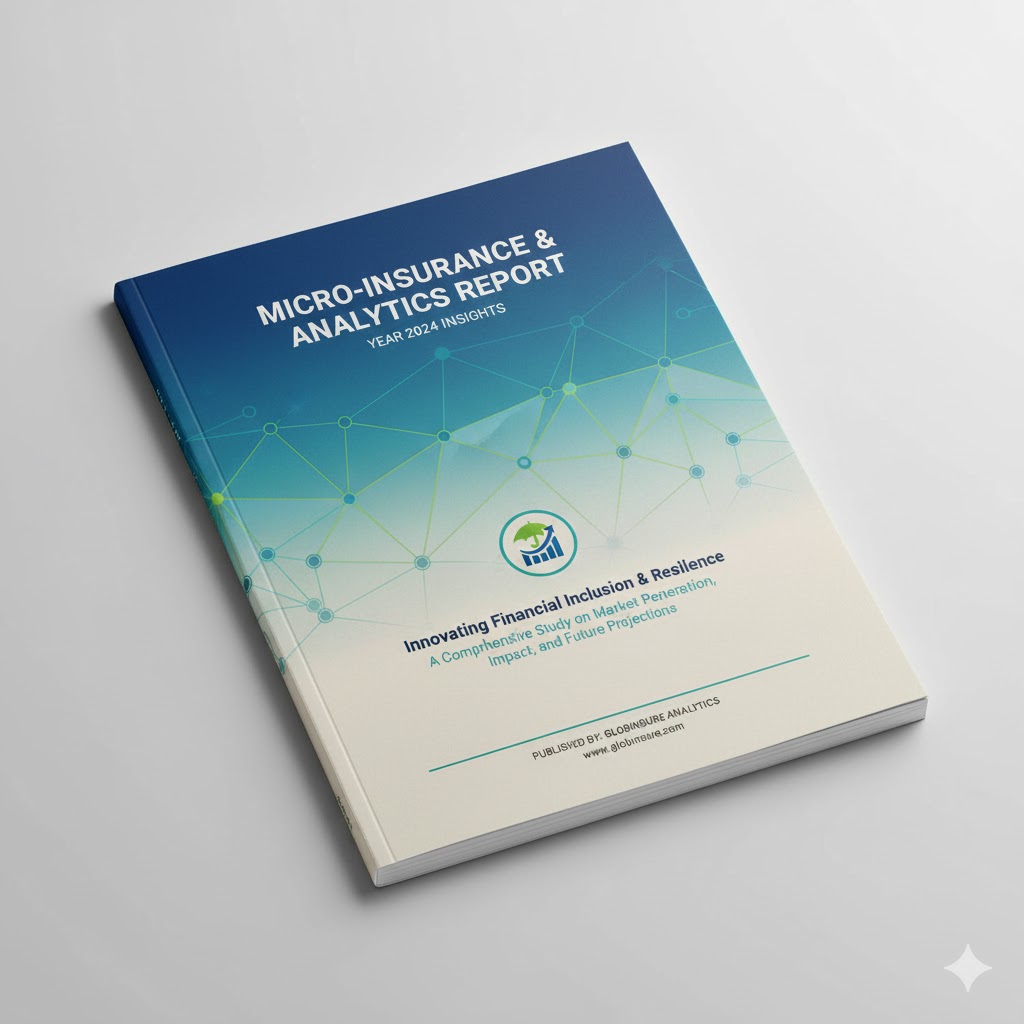
The Landscape of Microinsurance 2024
The Landscape of Microinsurance 2024 analyzes the growth and evolution of microinsurance, highlighting its critical role in supporting vulnerable populations facing climate shocks, crises, and financial insecurity. It covers 344 million people across 37 countries, examines regulatory frameworks, distribution channels, and subsidies, and emphasizes the need to close the protection gap while fostering long-term market development.
Date Issued
2024
Topics
Products
Region

